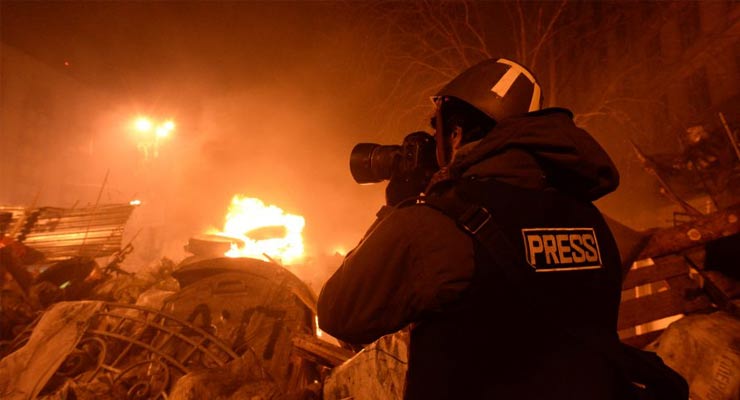 The author of this article prefers to remain anonymous for the security reasons.
The author of this article prefers to remain anonymous for the security reasons.
“We are afraid to write. We are afraid to talk. Never before have we been so scared of words and their repercussions,” says acclaimed Turkish author Elif Shafak, describing what it is like to be a writer or a journalist in today’s Turkey, in the Financial Times on September 27.
While she was brave enough to put her byline on such a strongly critical op-ed, her colleagues are increasingly hiding their real identities, fearing ever-hardening government persecution.
On Sept. 30, Al-Monitor published a piece by “a correspondent in Turkey” about the recent release of emails from the personal accounts of Turkish Energy Minister Berat Albayrak, who is also President Recep Tayyip Erdogan’s son-in-law. The minister’s email accounts had been hacked several months ago.
The anonymous correspondent said claims were made that Turkey’s biggest media conglomerate, the Doğan Media Group, had kneeled down before the president and that its own CEO was working hard to make sure news and opinion pieces are in line with the government’s wishes.
In one of the released emails, Doğan’s CEO was alleged to have exerted diligent efforts to sideline an outspoken reporter from Doğan’s major Hürriyet newspaper. This email was not mentioned in the Al-Monitor piece.
Yet, the popular website’s description for the identity of the writer already says enough about what would happen to journalists who only report about allegations, let alone those who direct plain criticism toward the government: “At times, Al-Monitor withholds the bylines of our correspondents for the protection of our authors.”
Media freedom has always been contentious in Turkey although the mass closure of newspapers and TV stations was first seen in the recent past. Meanwhile, journalists’ increasing bid to stay out of sight became a common occurrence only in the aftermath of the July 15 coup attempt, a rough period during which 180 media outlets were shut down and 130 journalists, as well as some 32,000 others, were put behind bars.
Nine articles were published by Al-Monitor without a byline between August 2014 and July 2016, according to the website’s public archive. However, anonymous writers have submitted two articles since July 20 alone.
TR724, a recently established online news platform thought to be the successor of the Gülen movement’s former flagship daily Zaman appears to be publishing articles under pseudonyms now. While its masthead says the website was founded “by a group of journalists with their own means,” nearly all of its columnists and editors are brand-new figures, if not recent graduates, with no bylined articles in web archives.
Another “group of journalists” is responsible for the publications of Turkey Purge, a platform which, according to their own bio, “monitors human rights abuses, hate crimes and speech against political dissidents in Turkey’s post-coup crackdown.”
Turkey Purge editors provide neither pen names nor their real identity due to what they say are “obvious reasons.”
“Yes, maybe we are not concerned about our lives, but each one of us still has a family.”
It looks like Zaman’s sister publication, the English-language daily Today’s Zaman, is also back in town, but under a different name: Turkish Minute.
Turkish Minute, the wording of whose news articles resembles that of the now-closed Today’s Zaman, says on its Who We Are page: “Due to unprecedented oppression inside Turkey, journalists in exile do not write under their own names in an effort to protect loved-ones back home.”
The author of this article prefers to remain anonymous for the very same reason as well.
There are, of course, journalists who still write under their real names, albeit very few. But they do admit that they have been forced to soften their language in order to escape persecution, as Cumhuriyet columnist Aslı Aydıntaşbaş proved in her recent article in The Washington Post: “Over the past year, I find myself intuitively developing a set of survival techniques to be able to continue writing in Turkey. For example, the Turkish president and his family are off limits.”
Source: http://www.vocaleurope.eu/turkish-journalists-go-anonymous-as-govt-tightens-grip-on-media-after-coup-attempt/
